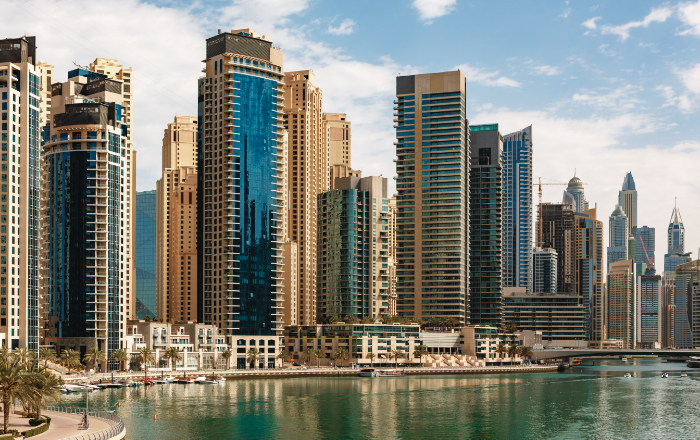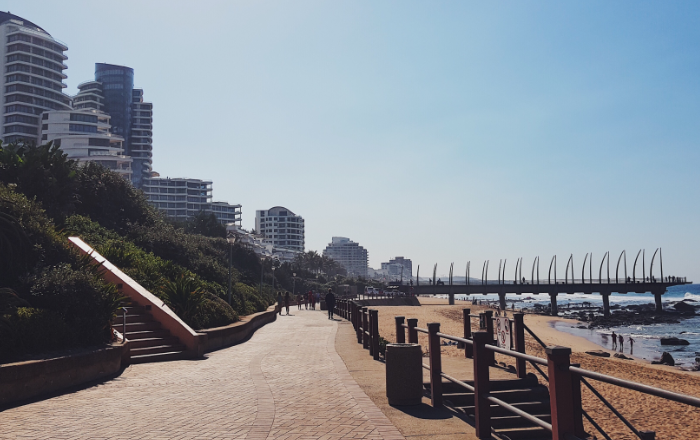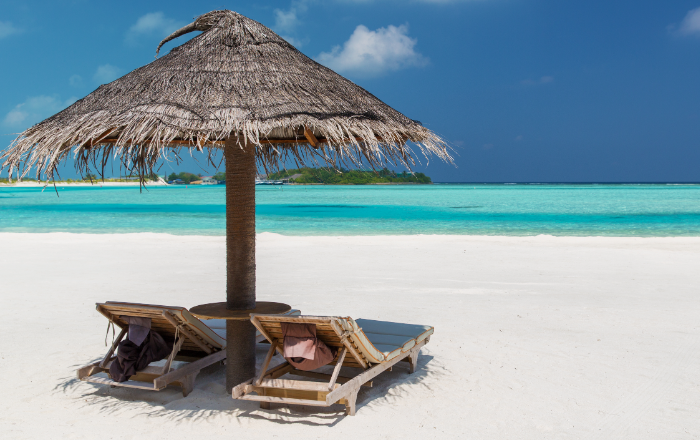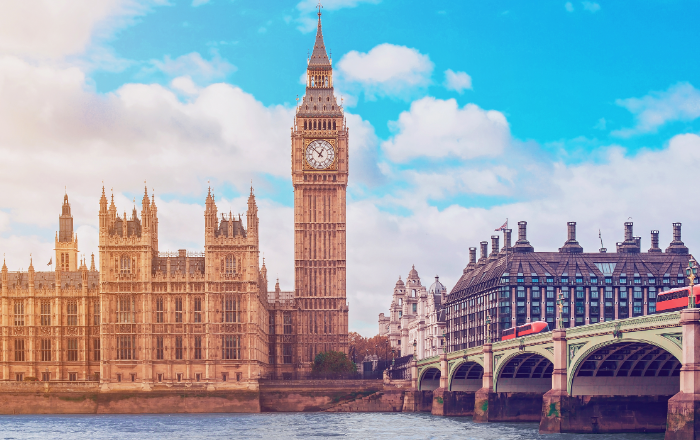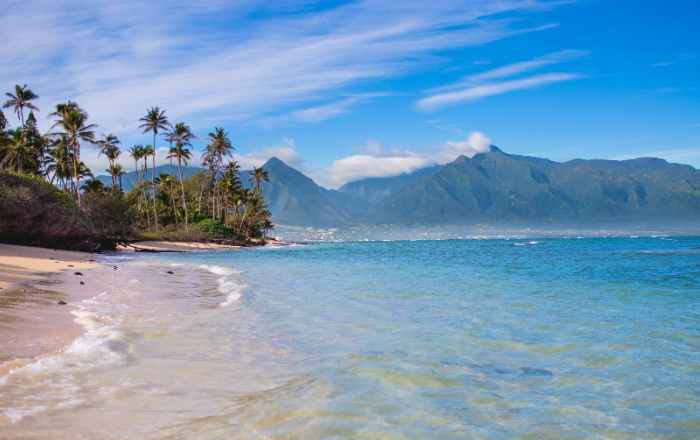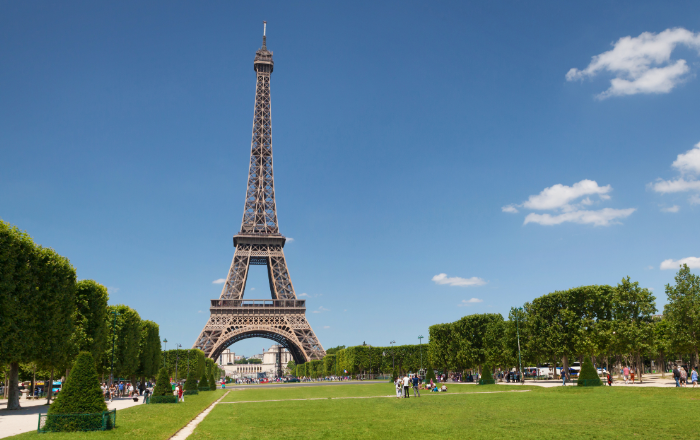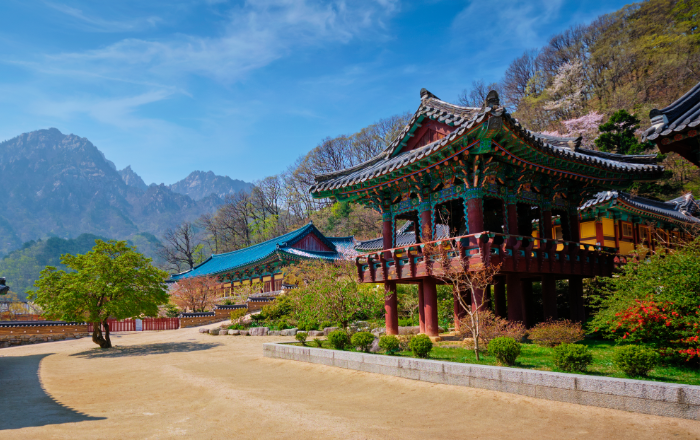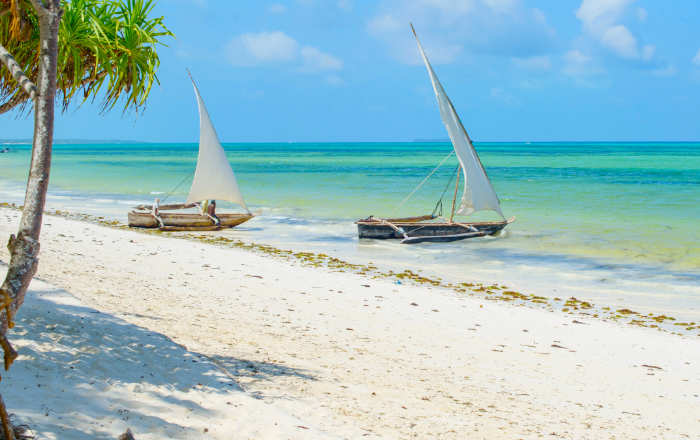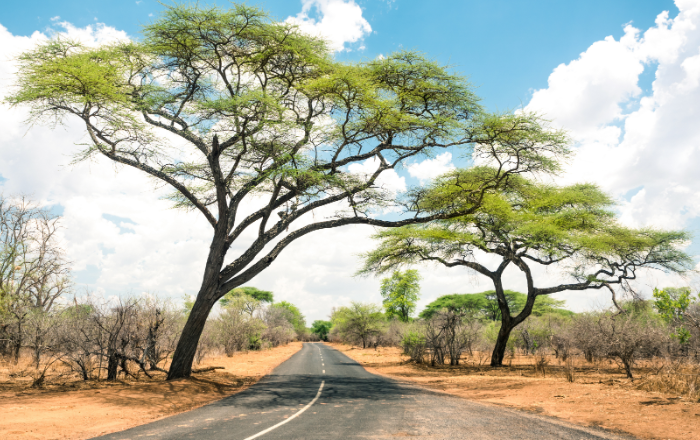Flight tickets from Cape Town to Sokch'o
South Korea is a vibrant and diverse nation with a rich history and an exciting cultural heritage. It sits on the eastern coast of the Korean peninsula, bordered to the north by North Korea, and to the south by the Sea of Japan. This stunning country is characterized by its vibrant mix of traditional and modern cities, breathtaking mountain scenery, and beautiful coastline, drawing around 15 million foreign tourists every year. Its dynamic economic success, global IT infrastructure, and rich cultural history have made it something of an East Asian powerhouse. In this short text, we'll take a look at a few of the many interesting aspects of South Korea's culture and identity.
Getting to Know South Korea
South Korea is a country located in East Asia with a population of nearly 51.2 million people. The country’s official language is Korean, with English widely spoken as well. South Korea has a single time zone (Korean Standard Time, UTC+09:00), which is nine hours ahead of Coordinated Universal Time (UTC). The currency of South Korea is the South Korean won (KRW). One KRW is equal to 0.00081 US dollars, 0.0066 euros, and 0.00769 British pounds. South Korea is a relatively homogeneous nation; about 88.2% of South Koreans identify as Korean, although there are a number of people from other nations living there. The largest cultural minority groups are Chinese (4.2%) and Southeast Asian peoples (3.3%).
Climate and Weather
South Korea’s climate is temperate with four distinct seasons. Winter is from December to February and it is typically cold and dry. There is often snow in the colder parts of the country. Spring is from March to May and it is mild, but with occasional rain showers. Summer is from June to August and it is hot and humid with brief, but intense storms. Lastly, autumn is from September to November and it is crisp and mild with frequent downpours. Temperatures are extremes with lows, reaching below -20°C and highs reaching into the 30°C range. In average, the yearly temperature is around 9 to 13°C.
Touring South Korea: Airport and Transportation
There are 16 airports in South Korea. The official names of the airports are Incheon International Airport, Gimpo International Airport, Daegu International Airport, Gimhae International Airport, Cheongju International Airport, Yangyang International Airport, Ulsan Airport, Jeju International Airport, Muan International Airport, Sacheon Airport, Wonju Airport, Gwangju Airport, Pohang Airport, Yeosu Airport, Yongphu Airfield, and Jeonju Airport. To get from the main airport (Incheon International Airport) to downtown in South Korea, you can take a taxi, bus, or train. Taxi ride usually costs around 40,000 won (US$36) while public transportation is much cheaper. Most airports in South Korea have currency exchange counters, so you can change money at South Korea airport.
Exploring the Rich History and Culture of South Korea
- South Korea has a long and varied history with influences from its geographic neighbours, including China, Japan and Russia. Traditional Korean culture is built on five key principles: harmony, respect, etiquette, discipline and responsibility
- South Korean cuisine is a reflection of the country’s history and culture, and includes the world’s only fermented soybean paste, doenjang, which is used in a variety of dishes. The most popular beverage is tea, and most meals begin with tea ceremony-style pouring of hot water over a cup of dried, whole-leaf tea
- South Korea is also home to a vibrant and influential music scene and is popular for K-Pop and its traditional style, called K-Folk. It also has its own distinct performing art genres, such as pungmul (which combines music, dance, and drama) and ganggangsullae (which is a traditional circle dance).
Q&As for booking flights from Cape Town to South Korea
How long is the flight from Cape Town to South Korea?
The total flight time from Cape Town, South Africa to Seoul, South Korea is 14 hours, 52 minutes.
How far is the flight from Cape Town to South Korea?
The flight from Cape Town to South Korea is just over 15 hours.
Which airlines fly direct from Cape Town to South Korea?
There are no airlines that fly direct from Cape Town to any airport in South Korea.
How many airports are there in South Korea and what are their official names.
In South Korea, there are 2 international airports and 4 domestic airports. The 2 international airports are Incheon International Airport and Gimpo International Airport. The 4 domestic airports are Eastar Jet Jeju International Airport, Gimhae International Airport, Cheongju International Airport, and Yangyang International Airport.
How many flights are there a week from Cape Town to South Korea?
There are currently no direct flights from Cape Town to South Korea.
When is the cheapest time to buy a ticket from Cape Town to South Korea?
The cheapest time to buy a ticket from Cape Town to South Korea is 10 days in advance.
How can i get from the main airport to downtown in South Korea and how much does it cost?
The fastest way to get from Incheon International Airport to downtown Seoul is by AREX (Airport Railroad Express), which takes 43 minutes and costs ₩9,000.
